Today I’m back with the third and final installment of this month’s book reviews. These six books each contain challenging content, but also provided me with some great new perspectives.
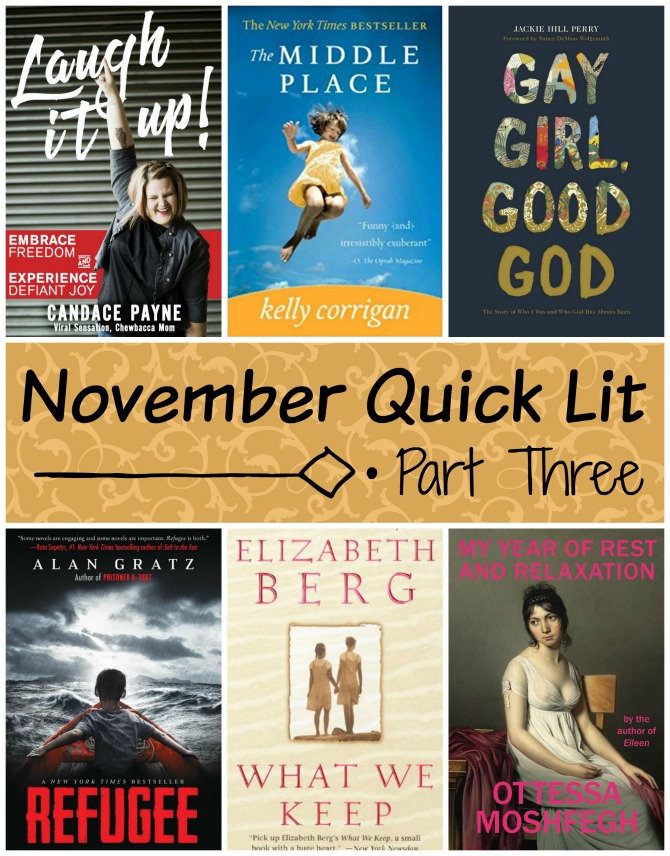
What We Keep, by Elizabeth Berg: The novel opens with Ginny Young boarding a plane to California to visit her mother, Marion, whom she hasn’t seen in 35 years. After years of estrangement, Ginny has only agreed to the trip as a favor to her sister, Sharla, who has received bad news about her health and wants to make amends with their mother before it’s too late. During the flight Ginny flashes back to her childhood, particularly the summer her mother withdrew from the family. As the story unfolds we begin to understand why Ginny has grown so bitter towards her mother, and how her personal mother wounds impacted her own mothering.
This was my first book by Elizabeth Berg, and I was drawn to it after hearing Shannan Martin—a writer I admire—cite Berg as a personal favorite. I understand why Shannan is so drawn to her work: Shannan’s platform is built around making meaning from small moments, something Berg has done with this book—piecing together individual memories and conversations that eventually inform a lifetime of challenges, choices, and regrets. Berg’s prose and dialogue felt stilted to me, but the story is a relatable one—so much so that I forgot it was fiction and not a memoir. Who hasn’t reflected on moments from their past and wondered where things went wrong, or how they could have been different?
A key theme of the novel is how our memories are sometimes inaccurate or only partially informed, and how they don’t always serve us well—how small misunderstandings and poor communication can change the trajectory of one’s life. This gave me a lot to ponder, as did the explorations of family dynamics, emotional honesty and maturity, and generational patterns. This is a brief novel, but with such rich themes and a dual time period structure (a pet favorite of mine), it could easily have been fleshed into something much more comprehensive and literarily compelling.
My Rating: 4 stars.
The Middle Place, by Kelly Corrigan: At thirty-six, Kelly Corrigan was a happily married mother of two, but even as a thriving adult, she still saw herself primarily as the daughter of George Corrigan, the ebullient Irish father who always knew exactly how to make Kelly feel like the most talented, beautiful, important woman in the world. Kelly was comfortably living in The Middle Place—“that sliver of time when parenthood and childhood overlap.” Kelly is abruptly forced to grow up when she is diagnosed with breast cancer, something she unexpectedly finds herself experiencing alongside her father, who has also received a cancer diagnosis.
Though this book follows Kelly’s journey into adulthood, it is ultimately a tribute to her father. Kelly clearly adores George Corrigan, who emerges as a larger-than-life character with a passion for people, a wholehearted devotion to his family, a spirited sense of humor, and a disregard for practicalities. Through their story we get a glimpse at how beautiful family life can be. Though the circumstances of the book are tragic, Kelly’s writing is humorous, uplifting, and optimistic. It’s rare to see a writer write so positively about her upbringing, and it was powerful to see George Corrigan’s legacy revealed within his daughter’s tender but ordinary life.
Though motherhood isn’t the focus of this book, Kelly writes quite a bit about her relationship with her young daughters as well as the death of her dream to have more children. Because I’m in a similar stage, these portions resonated deeply with me.
Published in 2008, this is was Kelly Corrigan’s first book, but it’s the third I’ve read of hers and I think it’s my favorite. Her writing is wry, insightful, and honest. Kelly swept me away with her stories, then caught me off guard with a beautiful insight or poignant commentary. I read this just after listening to her interview with Jen Hatmaker, which gave me an even deeper appreciation for both the book and Kelly Corrigan as an individual.
My Rating: 4 stars.
Refugee, by Alan Gratz: Refugee tells the story of three brave young individuals, living in different times and places, but enduring a similar story. Josef is a boy attempting to escape Nazi-Germany with his mother, sister, and mentally broken father in the 1930s. Isabel is a Cuban girl whose family has boarded a raft for the United States in an attempt to flee Fidel Castro’s rule in the 1990s. Mahmoud is a Syrian boy who is fleeing his war-torn home city of Aleppo in 2015. In their journeys toward what they hope will be a better life, all three protagonists face hardship, fear, trauma, and prejudice while also witnessing sacrificial love and courage.
This is a hard but necessary book, giving life to a politically charged issue and making it accessible to the book’s intended middle-grade audience. Though the stories are heartbreaking, the telling of the stories is not gratuitous or graphic (perfect for children and sensitive adults like myself). Gratz brilliantly weaves the three stories together, showing how this issue is not just a hot-button news item today but something that goes back much further. Uniting stories of Nazi Germany with those of present-day warfare helped me to understand the gravity of what is taking place in the Middle East and made me (and I’m sure many other readers) more receptive to the stories of the present-day refugees. I appreciated Gratz’s Afterward, in which he discusses the historical events described in the novel and gives ideas on how we can help modern-day refugees.
Although I love that stories like this are being written for young readers, and feel this book was perfectly suited to that audience, I almost wish this same book existed for an adult audience. While it would very likely include content that was harder to swallow, a longer and less-censored version would allow for more character development, scene-setting, and exploration of the themes being presented. The stories in this book moved so quickly and remained so surface-level that I had a hard time fully connecting to the narrative.
My Rating: 4 stars.
My Year of Rest and Relaxation, by Ottessa Moshfegh: The setting is New York City, in the year 2000. Our unnamed narrator is leading a life many would envy: she is young, attractive, wealthy, independent. Yet her life has been marked by tragedy, and in an unconventional attempt to erase past pains she decides to escape life by entering into a year-long hibernation. With the aid of a negligent psychiatrist, and despite the distractions from her psychotic “best friend”, the narrator begins consuming ridiculous pill concoctions that lead to a year of drug-induced delirium and unconsciousness.
Let’s just get this out of the way: this book is bizarre. The premise is ridiculous (and is meant to be), and the narration is flat, detached, and repetitive—fitting with the narrator’s experience, but not conducive to light or pleasant reading. However, it makes for an intriguing indictment against the pharmaceutical industry and mental health professionals and provides a unique thought experiment—because haven’t we all had moments when we wish we, too, could enter into temporary hibernation? Moshfegh plumbs the depths of many additional challenging topics including suicide, eating disorders, female relationships, and domestic abuse, and yet the story is darkly comedic and self-aware.
This won’t be for everyone, but would provide excellent book club fodder. And the throwback references to the year 2000 (when I was a Junior in high school) will bring up amusing memories for anyone my age or older.
My Rating: 3 stars.
Laugh It Up: Embrace Freedom and Experience Defiant Joy, by Candace Payne: I’m rarely in the know about viral videos and other social media happenings, so I was unfamiliar with Chewbacca Mom until hearing her interviewed months later on Jen Hatmaker’s podcast. (I hadn’t realized until just now how that podcast played a part in three of my book choices this month!) After listening, I watched the video and honestly I didn’t get the hype . . . but I did see why this mom’s unfiltered joy might have spoken to so many, and after hearing Candace share her story with Jen, I wanted to know more about this woman who had harnessed joy despite some incredibly difficult circumstances.
If your only experience with Candace Payne is through her Chewbacca antics, you might not be expecting much depth from this book. I know I headed into it with fairly low expectations, but Candace blew them out of the water. In Laugh It Up she shares her difficult past, one that included homelessness, sexual assault, marriage struggles, and even a suicide attempt. Through it all Candace discovered what it means to find joy.
As she shares her story, Candace also walks readers through the process of finding our own joy. She digs into topics like overcoming shame, rejecting criticism, pursuing a dream, and living with authenticity and integrity. Candace’s writing is honest, funny, hopeful, and truly joy-filled. Reading this book was like laughing over a meal with a favorite funny friend. I love that God used a silly mask to launch Candace into the spotlight and I’m excited to see what He does with her in the future!
My Rating: 4 Stars.
Gay Girl, Good God: The Story of Who I Was, and Who God Has Always Been, by Jackie Hill Perry: To say that the relationship between the Church and the gay community is a strained one would be an understatement. Though I’ve been making an effort to understand more and contribute to the healing of past wounds, I’ve been cautious about where I turn for information. Many Christians seem to be forsaking Biblical truth in order to be culturally relevant, and I do not believe this is the answer. When I heard Jackie Hill Perry interviewed on Jamie Ivey’s podcast, I knew hers was a perspective I could trust.
In this heartfelt memoir, Jackie shares her story of growing up fatherless, experiencing identity confusion, and turning to the gay lifestyle to receive the love she craved. Then God got a hold of her and her life changed overnight. In Gay Girl, Good God she recounts her journey of receiving God’s grace and placing HIM at the center of her life rather than another woman. Jackie learned what it meant to embrace her God-given femininity and live a life that would glorify the Lord.
Jackie’s story is powerful, but my favorite section of the book was the last few chapters in which Jackie shares her perspective on same-sex attraction as it relates to identity and the Gospel. Jackie acknowledges that not every individual who identifies as homosexual will immediately become heterosexual once they encounter Christ. She highlights the tendency of the church to make an idol out of heterosexual marriage and reminds readers that our sexuality isn’t the point; the point is our relationship to Christ and our leading a life that is pleasing to Him. Jackie is clear that she wasn’t just healed from the problem of homosexuality, but from a sin nature—she does not cheapen the Gospel but recognizes its power over her life, and she wants the same for her audience. Not everyone will embrace Jackie’s story or her classification of homosexual activity as sin, and I commend the boldness and sincerity with which she shares her convictions and her struggles.
The writing in this book is of the highest caliber. I’ve come to expect subpar prose from Christian authors (I still read these books because I appreciate the message), but Jackie does not sacrifice style in her memoir. Jackie is a spoken word poet, and Gay Girl, Good God is written in a lyrical style, brimming with metaphors and saturated with hard-hitting Scripture that is woven seamlessly into her story. I’d recommend listening to this one; hearing Jackie recite her story in her poet’s voice added to the poignancy and beauty of her story and her message.
My Rating: 4.5 stars.
That’s a wrap for this month’s book reviews. What have you been reading lately? Have you read any of the books I discussed this week? I’d love to hear your thoughts and whether they aligned with mine!
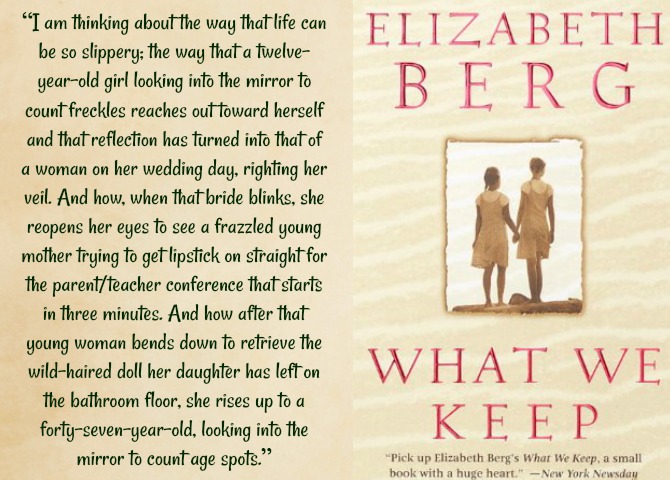
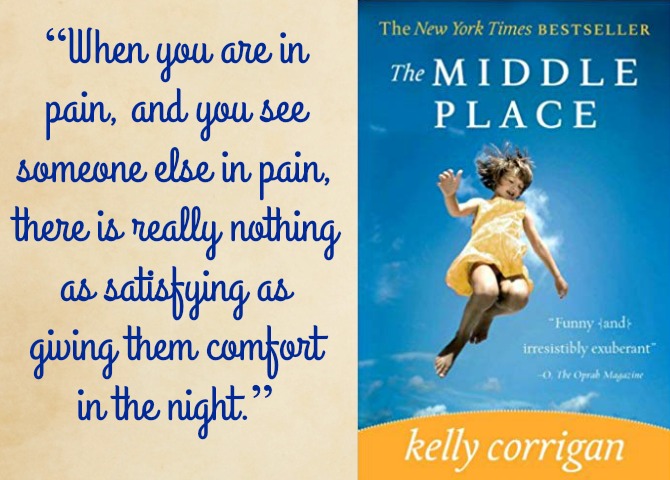
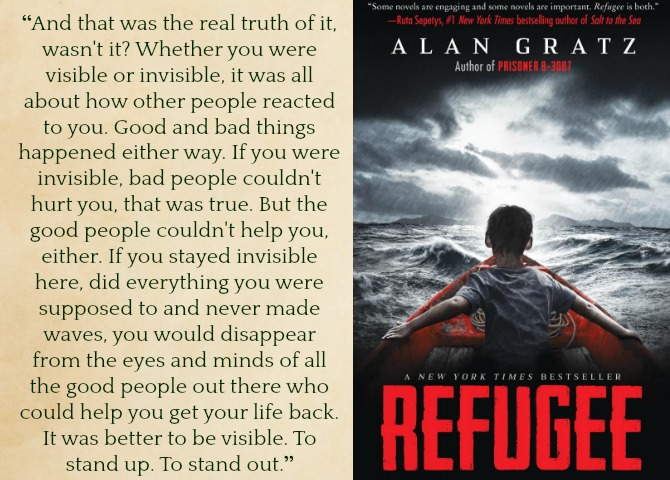
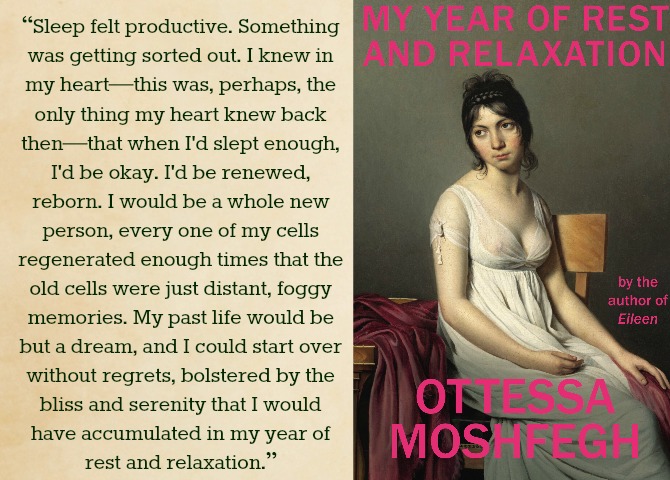
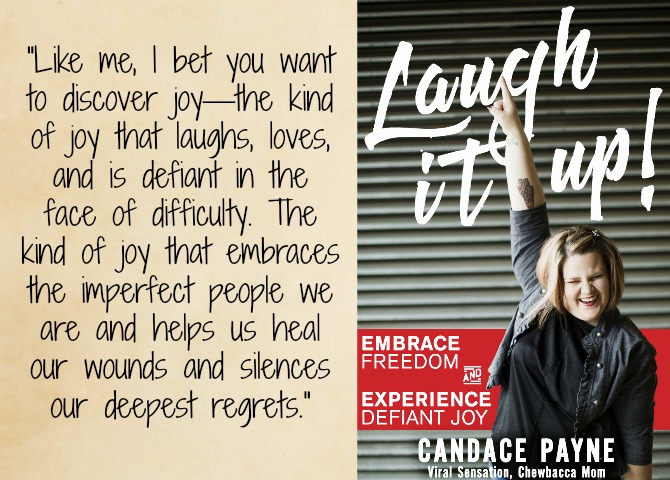
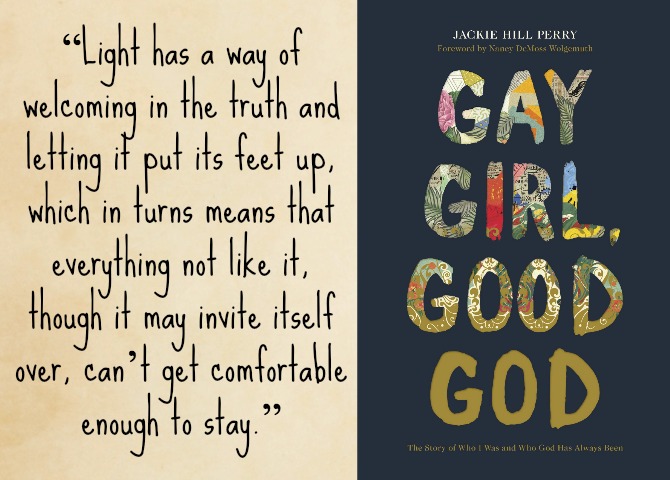
[…] Runners Up: Hourglass (Review) // Gay Girl, Good God (Review) […]